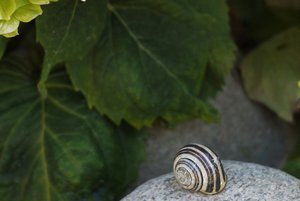
Part I: Using the Agenda I have spent over 40 years working in schools supporting administrators, teachers, and staff who devote their lives to educating our children. In my role as a school psychologist I am often asked to help with children who are having difficulty behaving. Over the span of my career, I have…

Why is it that young children can lock down in protest at the mere suggestion of getting dressed or undressed? Why do school-age kids seem to resist directions and expectations when homework needs to get done? Why do some teens oppose and rail against rules and limits around technology use, driving them to push back…

Pippin loves to herd. He loves to herd alpacas, which is a good thing because this is his job on the farm. He herds turkeys, which is not his job. He tries to herd people, which is often amusing and harmless. He herds cats, which is next to impossible. But he also tries to herd…

I love the sub-title of Deborah MacNamara’s new book: Making Sense of Preschoolers (Or Anyone Who Acts Like One). When I read this title, immediately some youths and adults come to my mind, to whom I would like to say: “Don’t behave like a preschooler!” Or, “Don’t be so childish!” I would love to…

In the first part of this editorial on playful approaches to discipline, I talked about how we have become stuck in our misplaced belief that if we could control the outcomes of our children’s problem behaviour, discipline issues would be resolved. That is, we think if we could only get practical answers to our questions…

In this two-part editorial on discipline, Dr. Gordon Neufeld discusses the root causes of problem behaviour and their surprisingly playful solutions. Play has been on my mind lately. Perhaps it is the influence of three young grandsons. Perhaps it is because I want to stay young, and playfulness definitely helps with that. Perhaps it…

This is the second installment of Dr. Deborah MacNamara’s three-part series on the sensitive (‘orchid’) child. The first installment painted a picture of the sensitive (‘orchid’) child. The term ‘orchid child’ is based on language that has been traditionally used in some parenting literature, used here as a descriptive metaphor with care that it not become…

In the wake of the Vancouver riots following the Canucks loss in the Stanley Cup finals, many are struggling to make sense of this senselessness (see also Dr. Deborah McNamara’s editorial on this website). Ironically I was – and still am upon writing this – in Europe, preparing to give a keynote address at a…

In the aftermath of the Vancouver riot following the Stanley Cup finals there has been an unleashing of emotion from anger to despair – but at the heart of it there is profound confusion as to how to make sense of the senseless. As we gather ourselves and repair our broken city, we are left…

